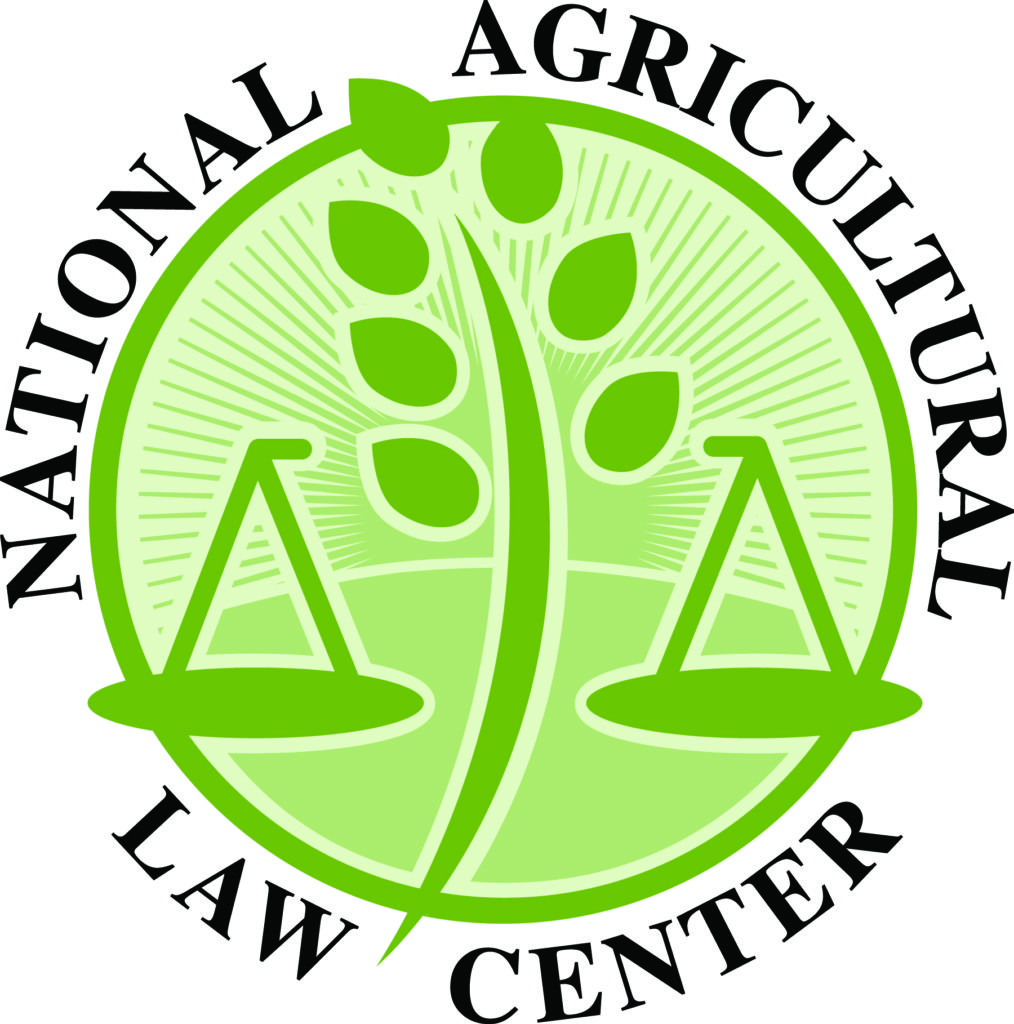JUDICIAL:
ESTATE OF WILBUR M. ARNOLD, WILLIAM D. ARNOLD, Plaintiff-Appellant, v. BRUCE C. ARNOLD, Individually & as Ex’r, KAREN L. HEUER, as Ex’r, STEVEN C. ARNOLD, as Ex’r, BCA FARMLAND CORPORATION, ARLYS L. ARNOLD, DON R. ARNOLD, LANCE J. ARNOLD, MARY A. ARNOLD, & WARREN J. ARNOLD, Defendants-Appellees., No. 18-1460, 2019 WL 3317381 (Iowa Ct. App. July 24, 2019) William Arnold did not receive the inheritance of farmland he anticipated from either his aunt Evelyn or his uncle Wilbur.1 After their deaths, he contested Wilbur’s will and claimed family members tortiously interfered with his expected bequest from Evelyn. The district court found no genuine issue of material fact and granted the defendants’ motion for judgment as a matter of law. On appeal, William insists he generated jury questions on both claims. Finding summary judgment was proper, the court affirmed
Covey v. Brishka, 2019 MT 164; Appellants Alexander and Ilma Brishka, as co-trustees of the Brishka Trust (collectively “Brishkas”), appeal the jury trial verdict and judgment of the Eleventh Judicial District, Flathead County, finding the Brishkas strictly liable for the breach of a pond on their property and awarding damages to Michael and Stacy Covey and the Covey Trust (collectively “Coveys”).
The Appellant Court found the District Court did not err when it concluded the Brishkas’ pond constituted an abnormally dangerous condition that warranted the application of strict liability. The District Court also did not err when it allowed the Coveys to claim the full amount of damages for the increased cost of their shared driveway project. Regardless of whether the Coveys improperly presented evidence of the diminution of property value, the jury verdict form, unobjected to by either party, did not separate out damages, was supported by substantial evidence, and did not amount to reversible error. Additionally, the District Court did not err in allowing the Coveys to make arguments in closing that touched upon properly-admitted evidence. Finally, the District Court did not abuse its discretion when it refused to allow evidence of other potential causes of the pond breach.
HEARTLAND CO-OP, Plaintiff-Appellee, v. RONALD NELSON, Defendant-Appellant,, No. 18-0834, 2019 WL 3317858 (Iowa Ct. App. July 24, 2019)
Ronald Nelson appeals from the judgment entered against him following a jury trial, where the jury determined he was the successor-in-interest and mere continuation of Broken Wing Farms, Inc., against which Heartland Co-op had obtained a judgment in 2014 for $810,021.95 with 3.25% interest.
On appeal, Nelson1 argues he was wrongly prevented from challenging Broken Wing’s debt to Heartland and the district court erred by allowing the arbitration award against Broken Wing to have preclusive effect on the successor-liability claim against him personally. He also disputes the district court’s rulings on two jury instructions and maintains the court should have granted his motion for directed verdict because there was insufficient evidence to submit the question of his successor liability to the jury.
Having reviewed each of Nelson’s claims and finding no reversible error, the court affirmed
ROBERTA R. COUNTRYMAN, TRUSTEE OF THE RONALD W. WOODBURY GENERATION SKIPPING TRUST, Plaintiff-Appellee, v. CHARLES B. LEX, Defendant-Appellant., No. 18-0979, 2019 WL 3317352 (Iowa Ct. App. July 24, 2019).
This appeal arises from a dispute over obstructed drainage tile running beneath the ground from one landowner’s farm field to a field of the neighboring landowner.
Plaintiff Roberta R. Countryman, trustee of the Ronald W. Woodbury Generation Skipping Trust, which owned one of the fields, sued Charles B. Lex, owner of the other field. Countryman alleged Lex “permitted trees … to grow over the private tile on [the trust’s] landwith the result that the roots of the trees … entered and obstructed the private tile, preventing it from carrying drainage waters from [the trust’s] land to the county tile.” Countryman sought injunctive relief and damages for crop losses and diminished land value. Following trial, the district court ordered Lex to “replace the obstructed tile with new, 12-inch plastic, corrugated, non-porous tile.” The court also ordered damages for crop losses. Lex appealed.
Lex contends the district court should not have found an easement “on subsurface tiling from the trust property onto [his] property.” In his view, Countryman failed to prove an easement by: (1) express grant or reservation, (2) prescription, (3) necessity, or (4) implication. Countryman counters that the trust had a statutory and common law “right to drain its land via subsurface drainage tile across Lex’s land to the county’s main drain.” Countryman implies the right arises independently of the four types of easements enumerated by Lex. The Court found for Countryman.
